PM, his deputy to attend intergovernmental conference
Prime Minister Ivica Dačić has said that he and his first deputy Aleksandar Vučić will take part in the first intergovernmental conference with the EU.
Wednesday, 18.12.2013.
16:48

BELGRADE Prime Minister Ivica Dacic has said that he and his first deputy Aleksandar Vucic will take part in the first intergovernmental conference with the EU. Speaking at a press conference that was attended by almost all the members of his cabinet, Dacic said that the meeting is likely to be held in Brussels on January 21. PM, his deputy to attend intergovernmental conference The prime minister announced a government meeting for December 24 that will be open for journalists, who will be allowed to ask questions, and all those who helped achieve "the historic success for Serbia." The EU foreign minister adopted at a meeting in Brussels on Tuesday the negotiating framework for the EU-Serbia accession talks and decided that they should start in January. Dacic also said on Wednesday that his government had achieved "the greatest success in recent history, and that EU's decision to launch the talks was the beginning of the realization of the dream of a generation." "Serbia is going to Europe and I am certain that there will be no more stopping," Dacic said, and added that "national interests have not been sacrificed." Dacic is also "strongly convinced" that Serbia will join the EU "quicker than anybody else," and that the speed of that progress "will depend on our commitment." The dialogue in Brussels is continuing, "and Serbia has the intention of normalizing relations with Kosovo," he noted. (Tanjug) "No obligation" Ivica Dacic said on Wednesday he "saw no obligation" for Serbia to recognize Kosovo's unilaterally declared independence in the framework for the accession talks with the EU. At the insistence of Germany and Britain, the framework includes a requirement of a comprehensive normalization of the relations with Kosovo and a binding document signed to that end. Dacic told a news conference in Belgrade that he "saw no obligation to recognize Kosovo in the term legally binding document." "I do not even see that the there is a single unified interpretation of the term within the EU. I believe no one in the EU can say what it means," he noted. As far as Serbia is concerned, a change of view regarding Kosovo's status is out of the question, he stated. "We absolutely do not interpret it as a requirement to change our view, because we have no intention of recognizing Kosovo's unilaterally declared independence, but we do intend to establish normal relations," he said. When asked if a recognition of Kosovo's independence would be a requirement for Serbia's membership in the EU at the end of the integration process, he replied that the things not in the framework were not obligatory. "Do any individual countries feel that way? Probably. But there are also those who feel differently. Why should we exhaust ourselves in an argument about its meaning when even they do not know what it means," he noted. Kosovo will remain the toughest topic in the negotiations with the EU, and even if Serbia were an ideal country of prosperity, it would still have failed to enter the accession talks with the EU without progress in the dialogue with Pristina, he pointed out. "Many countries would never have become EU members had they been forced to go through the same things as us, so all our achievements should be valued twice as high," he stressed "Nobel" Regarding an initiative to put forth to nominate him, Kosovo Prime Minister Hashim Thaci and EU High Representative Catherine Ashton as candidates for the Nobel Prize for peace, Dacic noted that the story was so unbelievable that he "could not comment on it," and added: "We have done nothing here for the Nobel Prize, or for our rating or positions, but for Serbia, and that is our greatest reward," Dacic pointed out. Head of the Albanian caucus in the U.S. Congress Eliot Engel has been lobbying for support to name Ashton, Dacic and Taci as candidates for the Nobel Prize for peace, Tanjug learned in Washington. Engel is one of the greatest advocates of Kosovo's independence since the beginning of the 1990s. He has asked for support from the Serbian caucus for the Nobel Prize idea, but the Serbian caucus has not decided on the issue yet and is "waiting for an opinion from the Serbian government." Tanjug
PM, his deputy to attend intergovernmental conference
The prime minister announced a government meeting for December 24 that will be open for journalists, who will be allowed to ask questions, and all those who helped achieve "the historic success for Serbia."The EU foreign minister adopted at a meeting in Brussels on Tuesday the negotiating framework for the EU-Serbia accession talks and decided that they should start in January.
Dačić also said on Wednesday that his government had achieved "the greatest success in recent history, and that EU's decision to launch the talks was the beginning of the realization of the dream of a generation."
"Serbia is going to Europe and I am certain that there will be no more stopping," Dačić said, and added that "national interests have not been sacrificed."
Dačić is also "strongly convinced" that Serbia will join the EU "quicker than anybody else," and that the speed of that progress "will depend on our commitment."
The dialogue in Brussels is continuing, "and Serbia has the intention of normalizing relations with Kosovo," he noted.
"No obligation"
Ivica Dačić said on Wednesday he "saw no obligation" for Serbia to recognize Kosovo's unilaterally declared independence in the framework for the accession talks with the EU.At the insistence of Germany and Britain, the framework includes a requirement of a comprehensive normalization of the relations with Kosovo and a binding document signed to that end.
Dačić told a news conference in Belgrade that he "saw no obligation to recognize Kosovo in the term legally binding document."
"I do not even see that the there is a single unified interpretation of the term within the EU. I believe no one in the EU can say what it means," he noted.
As far as Serbia is concerned, a change of view regarding Kosovo's status is out of the question, he stated.
"We absolutely do not interpret it as a requirement to change our view, because we have no intention of recognizing Kosovo's unilaterally declared independence, but we do intend to establish normal relations," he said.
When asked if a recognition of Kosovo's independence would be a requirement for Serbia's membership in the EU at the end of the integration process, he replied that the things not in the framework were not obligatory.
"Do any individual countries feel that way? Probably. But there are also those who feel differently. Why should we exhaust ourselves in an argument about its meaning when even they do not know what it means," he noted.
Kosovo will remain the toughest topic in the negotiations with the EU, and even if Serbia were an ideal country of prosperity, it would still have failed to enter the accession talks with the EU without progress in the dialogue with Priština, he pointed out.
"Many countries would never have become EU members had they been forced to go through the same things as us, so all our achievements should be valued twice as high," he stressed
"Nobel"
Regarding an initiative to put forth to nominate him, Kosovo Prime Minister Hashim Thaci and EU High Representative Catherine Ashton as candidates for the Nobel Prize for peace, Dačić noted that the story was so unbelievable that he "could not comment on it," and added:"We have done nothing here for the Nobel Prize, or for our rating or positions, but for Serbia, and that is our greatest reward," Dačić pointed out.
Head of the Albanian caucus in the U.S. Congress Eliot Engel has been lobbying for support to name Ashton, Dačić and Taci as candidates for the Nobel Prize for peace, Tanjug learned in Washington.
Engel is one of the greatest advocates of Kosovo's independence since the beginning of the 1990s. He has asked for support from the Serbian caucus for the Nobel Prize idea, but the Serbian caucus has not decided on the issue yet and is "waiting for an opinion from the Serbian government."













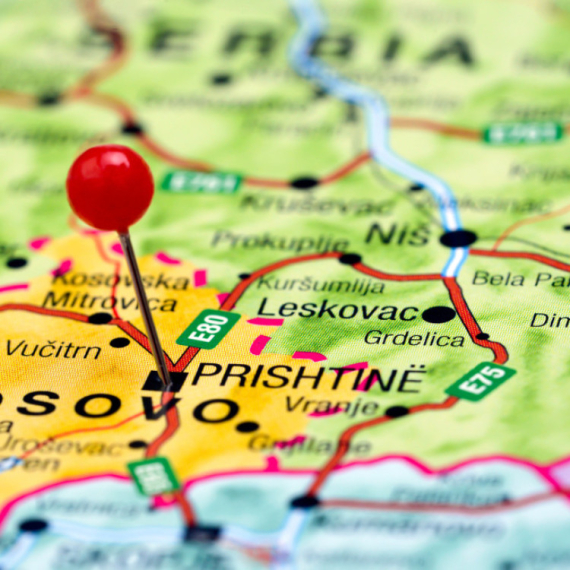
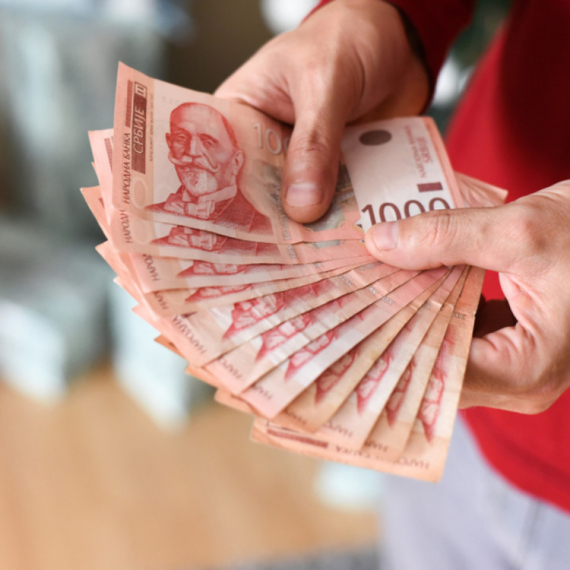
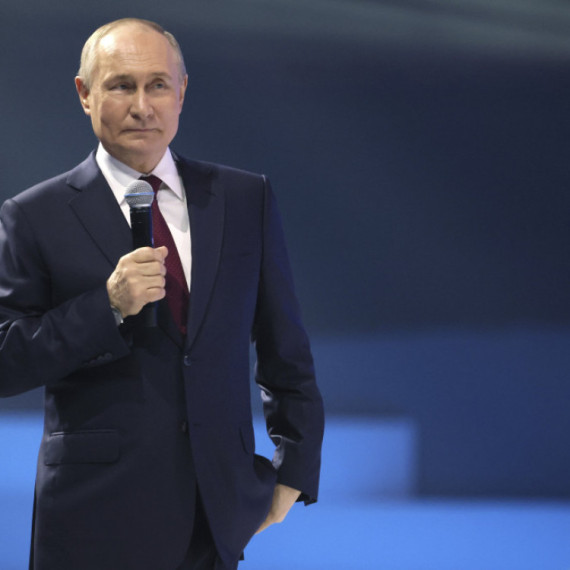

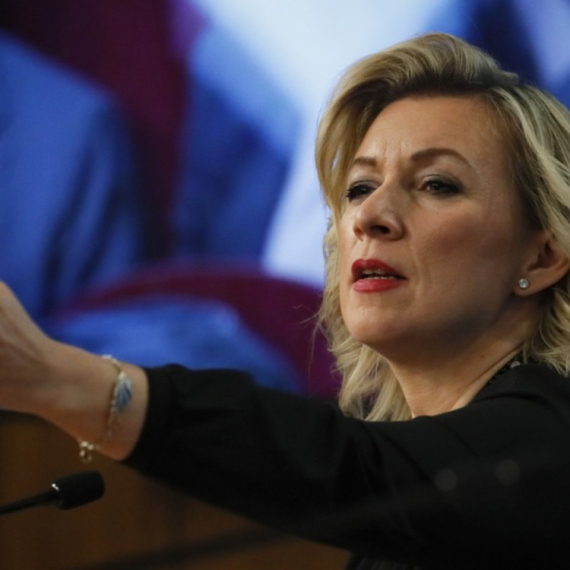




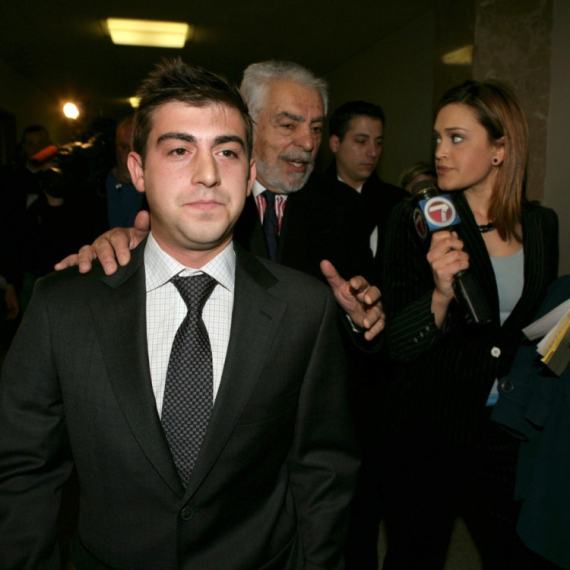















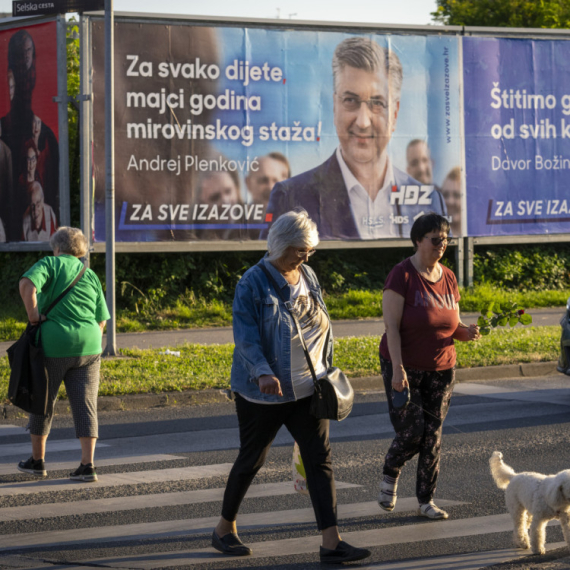




















Komentari 3
Pogledaj komentare